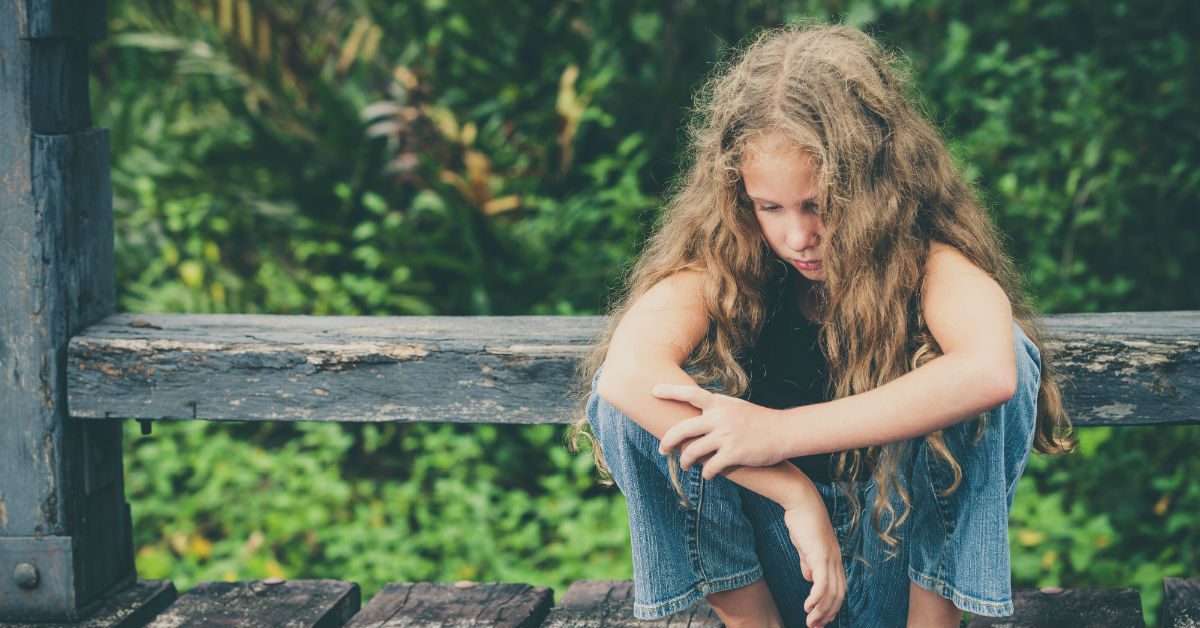After experimentation with alcohol or drugs or venturing into criminal activity, you might realize that your child has more serious issues than you can handle at home. It’s time to send your troubled teen to a therapeutic boarding school where he or she can get the help so desperately needed. But making this tough decision is only half of your battle; you also need to find the best possible therapeutic boarding school to help your troubled teen.
An Overview of a Therapeutic Boarding School
Students, usually teens, attend a therapeutic boarding school when they are not thriving in public school and have serious behavioral issues that needed to be addressed. These issues are likely dangerous or criminal in nature, possibly both. Therapeutic boarding school provides a structured environment away from home in an academic setting that also addresses your teen’s behavioral struggles. Your child has 24/7 supervision while dealing with issues such as:
• Anger
• Abuse
• Abandonment
• PTSD
• Depression and anxiety
• Adoption
• Violence
• Addictions
• Rebellion and more
Some programs offer the flexibility for your child to enroll at any time during the school year. In other words, they know that your child might not engage in dangerous or illegal behaviors when it’s convenient, so they have an open enrollment policy. Teens generally stay from six to 12 months, depending on the requirements of the school and on how long it takes to make up any academic gaps your child might have.
Your family physician or a trusted therapist can confirm that you have chosen a reputable facility and provide you with supportive medical records when you enroll your child.
Implementing a Strategy for Change
Every school is structured somewhat differently with its own procedures. Most adhere to a strict schedule where the routine helps your teen adjust to discipline. The overall goal of nearly every program is to prepare your teen to live a productive life after his or her release, either when he or she returns home or as an adult. The school accomplishes this through implementing the following steps:
1.Identifying the maladaptive behaviors – Your son or daughter might resist discussing the issues that led him or her there in the first place. Staff will work to help the teen understand the nature of his behaviors.
2. Addressing the problem – Once the teen begins to accept responsibility for his or her behavior, staff will begin treatment, usually through individual, group and other types of therapy.
3. Finding solutions – During therapy, teens will learn and apply different options for addressing their problems so that they have developed the necessary skills and strategies to become contributing members of society.
4. Aftercare – Nearly every facility provides aftercare and follow up so that your teen is not left on his or her own once the program ends.











0 Comments